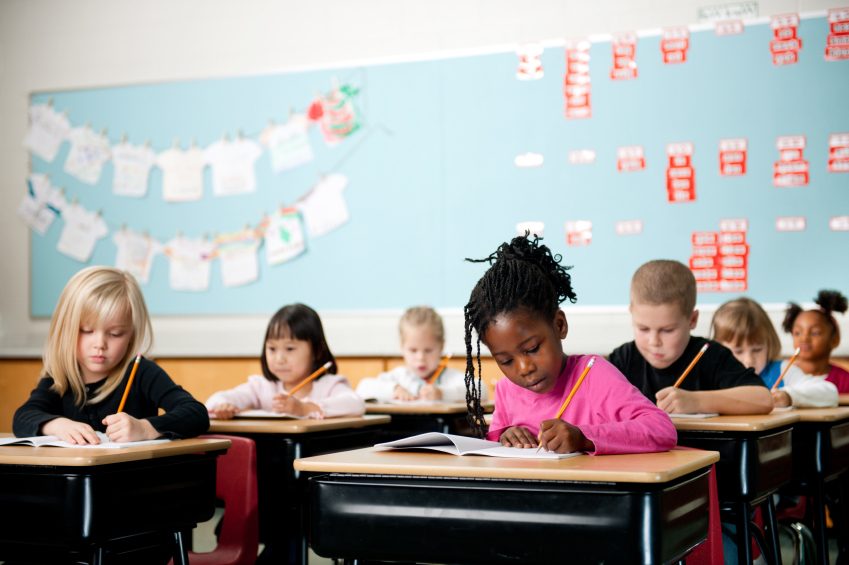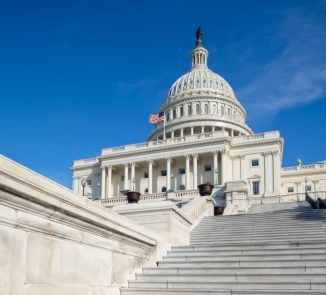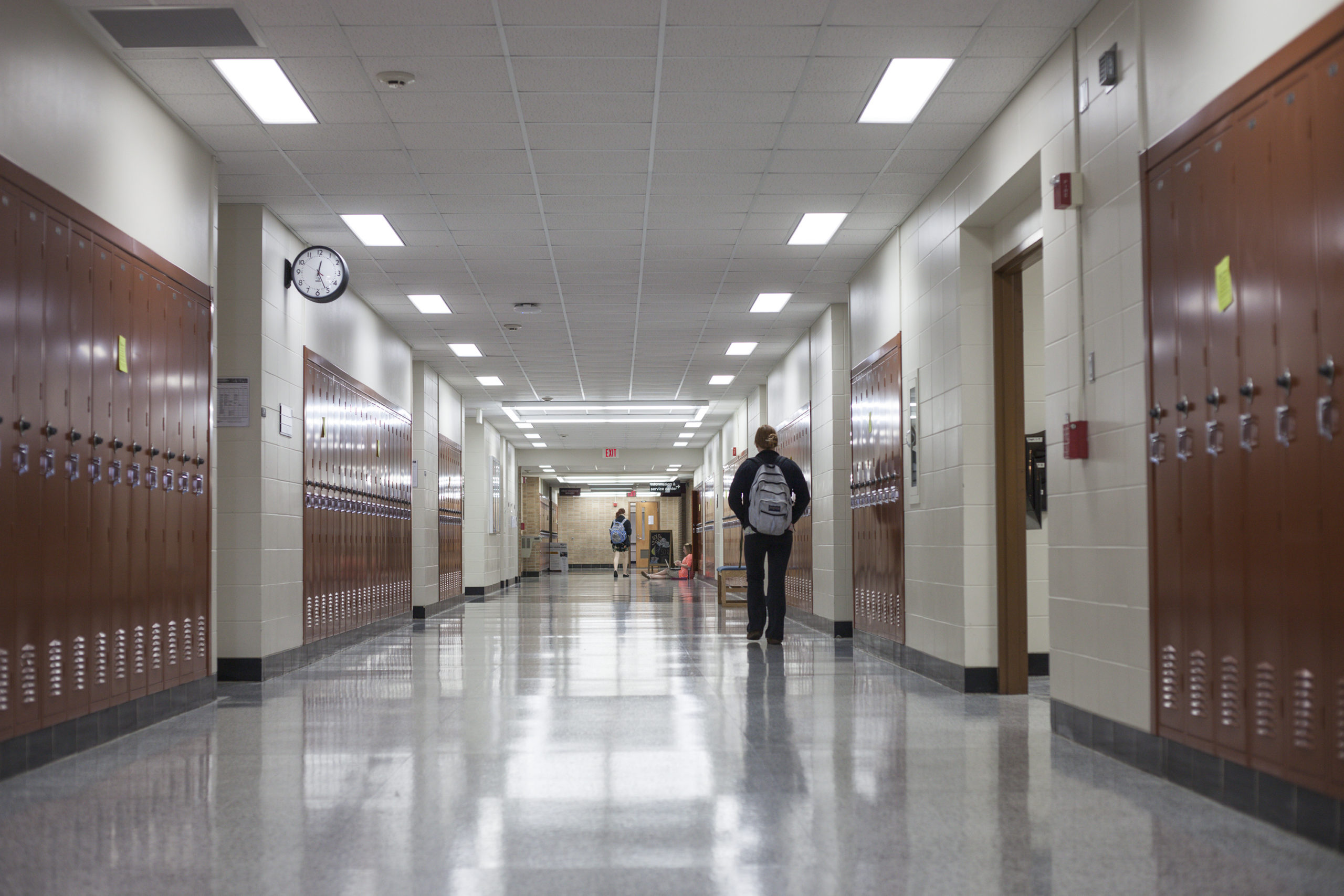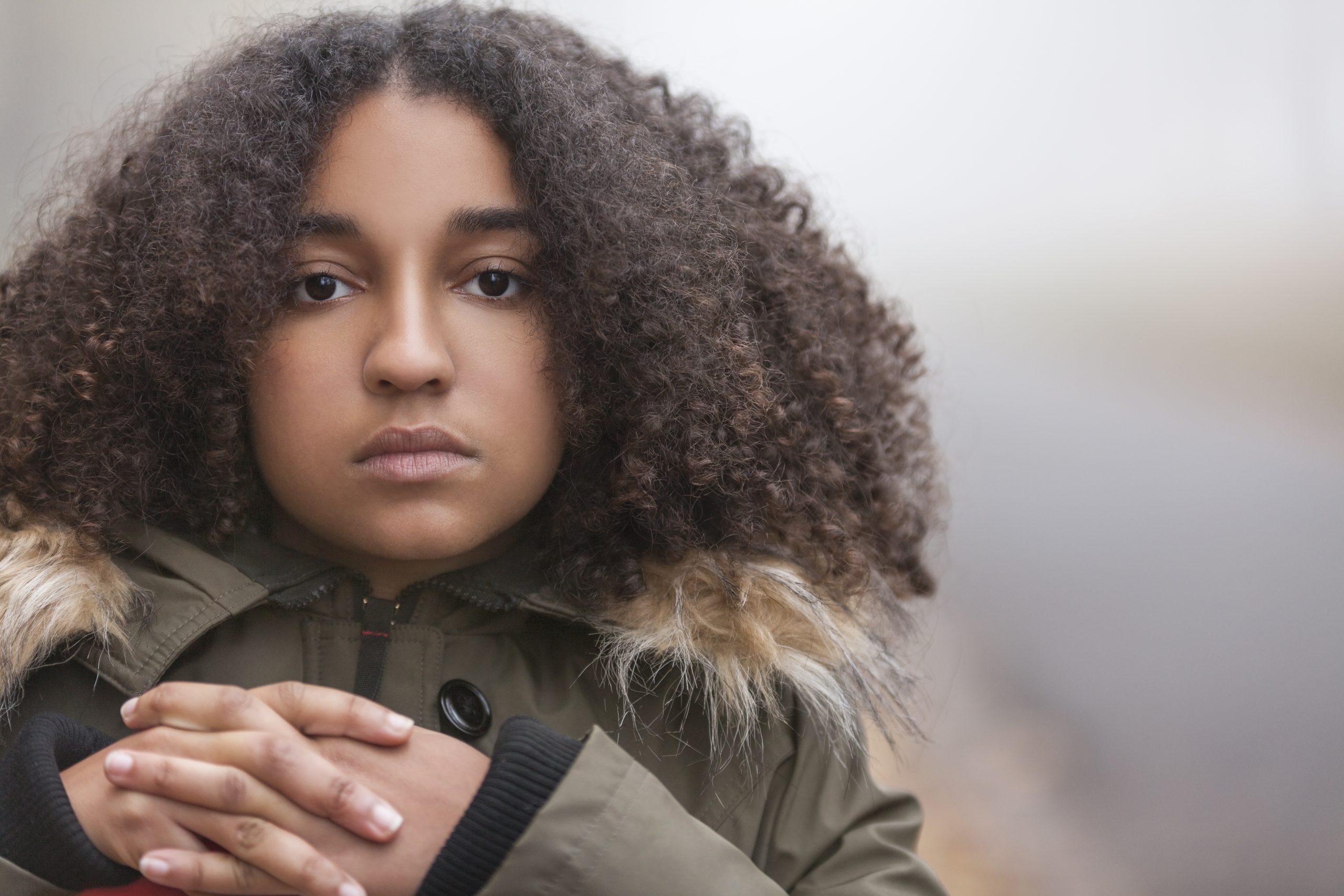Will Democracy Keep Black Girls Safe?: The Ending PUSHOUT Act

 The Ending Punitive, Unfair, School-based Harm that is Overt and Unresponsive to Trauma (PUSHOUT) Act, H.R. 5325, was introduced in the House of Representatives on December 1, 2019 by Representatives Ayanna Pressley, Bonnie Watson Coleman, and Ilhan Omar to address discriminatory use of suspensions, expulsions, and school-based arrests that ultimately push girls of color out of school. The Act would address urgent national issues in education, including the lack of transparency in data on schools’ use of exclusionary discipline; the lack of funding to support schools that want to reform discipline policies; and the lack of attention given to the criminalization and pushout of Black and brown girls, who are suspended, expelled, and arrested at alarmingly high rates—often for normal childlike and teenage behavior.
The Ending Punitive, Unfair, School-based Harm that is Overt and Unresponsive to Trauma (PUSHOUT) Act, H.R. 5325, was introduced in the House of Representatives on December 1, 2019 by Representatives Ayanna Pressley, Bonnie Watson Coleman, and Ilhan Omar to address discriminatory use of suspensions, expulsions, and school-based arrests that ultimately push girls of color out of school. The Act would address urgent national issues in education, including the lack of transparency in data on schools’ use of exclusionary discipline; the lack of funding to support schools that want to reform discipline policies; and the lack of attention given to the criminalization and pushout of Black and brown girls, who are suspended, expelled, and arrested at alarmingly high rates—often for normal childlike and teenage behavior.
Here are some ways the bill tries to address these issues:
- The bill would require the Department of Education, Office for Civil Rights to annually collect and publish data on suspensions, expulsions, out-of-school transfers, referrals to law enforcement, and arrests that took place in the previous year. The reported data would have to include: the number of students disciplined; the number and length of the discipline given; the reason for the discipline; and other identifiers like race, sex, low-income status, and pregnant and parenting status.
Why this matters: Sadly, the common yet misguided assumption is that Black girls are being kicked out of school because they’re aggressive, violent, or some other supposedly legitimate reason. Requiring schools to report the number of students who were severely punished for things like “having a bad attitude” or “throwing a tantrum” will hopefully encourage schools to reform discipline practices—especially if data reveals particular groups, like Black girls, are more likely to be disciplined for these reasons.
- The bill would create a grant program to open funding to hire school counselors and other mental health professionals, and train teachers on identifying implicit bias, implementing restorative justice, and establishing practices that reinforce positive behavior rather than over-punishing for negative behavior.
Why this matters: The recommended ratio of students to school counselors is 250:1, but the average ratio during the 2018-2019 school year was 430:1. Even worse, millions of students—mostly Black, Latinx, and Native children—are currently in schools with police officers but not one counselor, nurse, school psychologist, or social worker. Unlike police officers, these professionals’ primary purpose is to attend to the physical, emotional, and social growth and wellbeing of the children they serve. Aside from teachers, these professionals should be on the front lines in schools and regarded as possible mentors for youth—not school police who may have fraught relationships with communities of color.
- The bill would require any schools receiving a grant under the Act to ban the use of suspensions and expulsions for things like willful defiance or truancy, corporal punishment, physical or mechanical restraints, and seclusion.
Why this matters: Because of race- and sex-based biases and stereotypes pinning Black girls and women as loud, hypersexual, and sassy, Black girls are more likely to be suspended for subjective offenses like willful defiance or school disturbance. These biases and stereotypes lead educators to interpret Black girls’ behavior as not in line with traditional notions of femininity, like gentleness and compliance, that are often attributed to white girls. This means when Black girls behave in normal, childlike ways like being “hyper and giddy,” educators may still see them as overly disruptive or even suspicious and decide they should receive harsher punishment.
- The bill would bar any schools receiving a grant under the Act from hiring law enforcement officers, buying surveillance equipment, arming teachers, or partnering with ICE.
Why this matters: When police officers are placed in schools, the chances that students will be arrested increases dramatically. Black girls are particularly at risk when police are in schools because they are more likely to be “adultified” or seen as less innocent than white girls. This bias causes school-based police officers to criminalize Black girls by justifying violence against them and harsher consequences for their actions through arrests and referrals to the criminal legal system. Limiting contact with law enforcement will keep Black girls safer by allowing trained teachers and mental health professionals to handle day-to-day discipline and find better ways to support them in school.
*****
When schools put policing over providing support, they produce a learning environment that is hostile to girls of color and create costly barriers to their educational opportunities and social–emotional growth. Passing the Ending PUSHOUT Act will be an important first step in making sure schools are a safe place for Black and brown girls to learn and grow.





